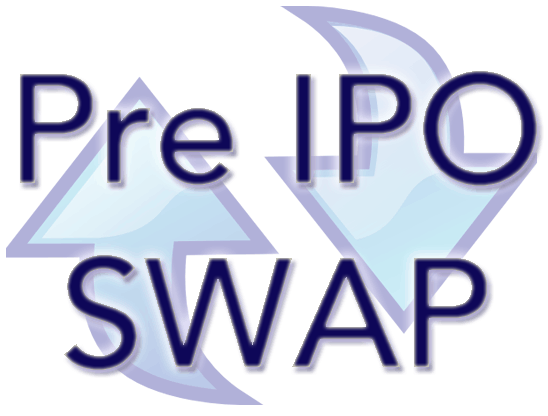- Revlon is controlled by a single insider for 30 years billionaire Ronald Perelman.
- Perelman has developed in his career a method of hostile takeovers that dates far before Revlon.
- Due to a rule, if he is able to get 90% of Revlon he’ll get voting rights of all 100%.
- The float (available shares for purchase) is low 2.29 M, almost all of which are held short.
Recently, Barna Capital purchased a 2% stake, putting the institutional control above 10.1%, making a Perelman takeover impossible.
Revlon (REV) is an American multinational cosmetics, skin care, fragrance, and personal care company founded in 1932 and based in New York City. That is commonly known; it is a brand name.
However, what you may not know unless you are a securities attorney is that Revlon is the cause of one of the largest and most significant corporate securities decisions of a generation regarding corporate takeovers. Revlon, Inc. v. MacAndrews & Forbes Holdings, Inc., 506 A.2d 173 (Del. 1986) was a landmark decision of the Delaware Supreme Court on hostile takeovers:
The Court declared that, in certain limited circumstances indicating that the ‘sale’ or ‘break up’ of the company is inevitable, the fiduciary obligation of the directors of a target corporation are narrowed significantly, the singular responsibility of the board being to maximize immediate stockholder value by securing the highest price available. The role of the board of directors transforms from ‘defenders of the corporate bastion to auctioneers charged with getting the best price for the stockholders at a sale of the company.’ Accordingly, the board’s actions are evaluated in a different frame of reference. In such a context, that conduct can not be judicially reviewed pursuant to the traditional business judgment rule, but instead will be scrutinized for reasonableness in relation to this discrete obligation.
This case is so significant in securities and corporate law that it has been cited 3,640 times:
 And what’s interesting is that the guy who caused the case – Ronald Perelman – is still at the center of a shareholder dispute that started in 2013:
And what’s interesting is that the guy who caused the case – Ronald Perelman – is still at the center of a shareholder dispute that started in 2013:
